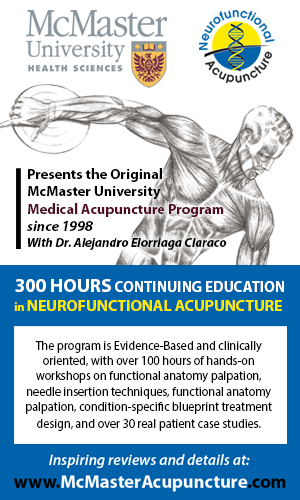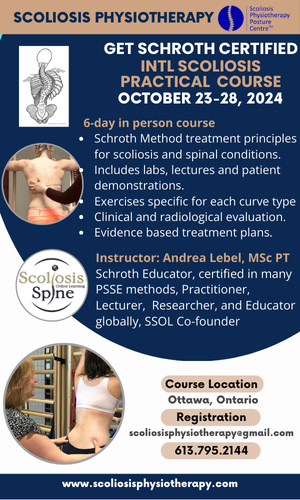11th Pelvic Health Solutions Symposium
WANT TO ADVERTISE A COURSE?
View Media Kit 2024 and submit your ad in our Store.
All courses listed are emailed to OPA members on the third Friday of the month.
Questions? Contact us.
| Custom Content | |
|---|---|
| Course Type | Online |
| Date | 11/15/2024 - 11/15/2024 |
| Instructor Name | Various Speakers |
| Cost | 179 |
| Address | Online Map It |
| District | N/A |
| Brief Description | Participants who register for this event have the option to attend live-online and/or watch the recording later. The recording will be available to all registrants for a 2-week period after the event. This allows participants who may not be able to attend the live event to still benefit from the content. To facilitate attendance tracking, please indicate on your registration form if you won't be attending live. The 11th Pelvic Health Solutions online symposium will enrich your theoretical and practical knowledge of pelvic health. Learn the science, critical reasoning and inter-disciplinary approaches needed to fully understand the direction that pelvic health is taking in your community, provincially, nationally, and internationally. Beyond the Nuts & Bolts: How to assist your complex male pelvic health patients - Dr. Jo Milios This lecture will cover:
Pessaries: What, Who, When and How - Jenny Telfer-Crum & Cara McDougall Jenny Telfer-Crum and Cara McDougall are Physiotherapists who have performed hundreds of pessary fittings since they started offering this service in 2017. In this presentation they will provide an overview of what pessaries are, who is suitable to use a pessary, when you can recommend a client pursue a pessary trial, how someone gets a pessary in Canada and what happens in a pessary fitting appointment. The goal of this talk is to provide pelvic health practitioners with the information they need to educate their clients with stress urinary incontinence and pelvic organ prolapse about pessaries and feel confident referring clients to a pessary fitting practitioner as part of their care plans. Objectives:
Urinary Incontinence in the Female Athlete - A Dive into the Evidence - Linda McLean On attending this session, participants will:
Delinquent Bowels: What you're missing in your constipation patients - Dr. Rachel Fobert Constipation is not as benign as we think it is, not only is it well known to be a treatment resistant condition but patients are at a high risk of developing eating disorders, anxiety and depression. Patients often do not share the full scope of their symptoms unless asked specific questions making it difficult as their health care provider to make a full assessment. This makes it our job to know what we are looking for, ask specific questions, communicate clear expectations, and know what the patient's next best step is within our offices, and outside of them. Objectives
Recurrent UTIs: Breaking the Cycle - Dr. Michael Chaikof After this talk, participants will be able to:
Pelvic Health Physiotherapy in Ehlers-Danlos Syndromes (EDS) and Hypermobility Spectrum Disorders (HSD) - Amanda Homen This lecture will:
The Use of Phenotyping in the Diagnosis and Treatment of IC/BPS - Jill H. Osborne It is now widely accepted that interstitial cystitis and bladder pain patient community is heterogenous with at least four distinct patient groups, each with their own recommended therapies. Phenotyping allows for the development of an individualized treatment protocol for this demanding patient population. We will review the history of phenotyping and the three proposed phenotyping systems in use today and how its use in clinic will simplify patient care and improve long-term outcomes. Gone are the days when we assumed that every IC patient had a bladder disease. In fact, very few patients demonstrate any disease. Rather, IC/BPS is now widely considered a neuromuscular disorder in most patients, often driven by increased pelvic floor tone and/or central nervous system dysregulation. Phenotyping simplifies patient care and treatment, minimizes the risk of using ineffective treatments and reduces long-term costs over time. Objectives:
Date: Friday, November 15, 2024, from 9:00am-4:30pm ET (Toronto). |
| Link | pelvichealthsolutions.ca |
| Contact Name | Sarah Goorts |
| Contact Email | Email hidden; Javascript is required. |





